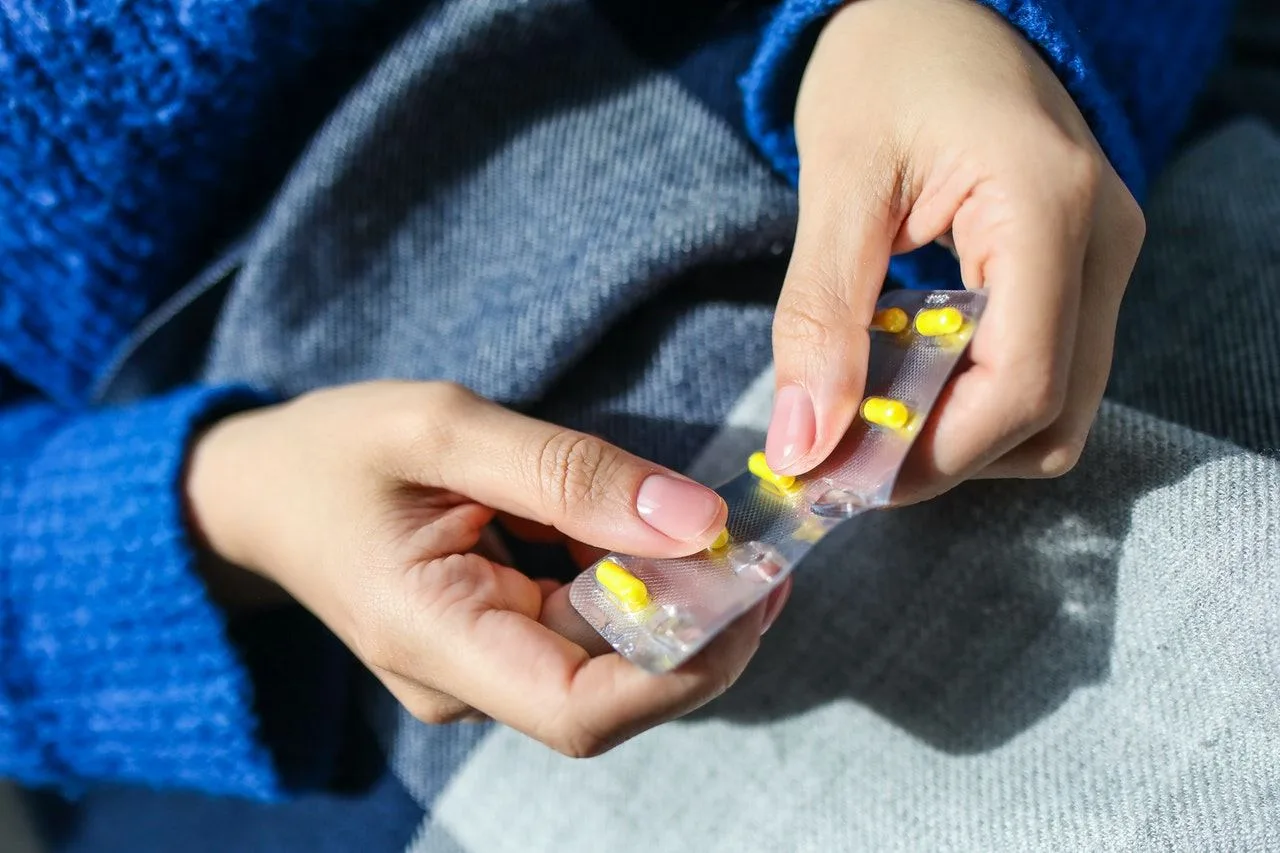Longevity Live Paid Partner. Some people are more susceptible to seasonal allergies because of how their immune system reacts. Every time there is a change of weather, you can see many people catching sneezes, coughs, and more.
What Causes Seasonal Allergies?
Dr. Pamela A. Georgeson, DO, an osteopathic allergist from Chesterfield Township, Michigan, USA, says, “Allergies are an abnormal reaction by a person’s immune system to a normally harmless substance.” Hay fever & Allergies can suppress the immune system if it identifies an airborne substance as an allergen, even if it is usually harmless.
It responds to this airborne substance by releasing histamines and other chemicals into your bloodstream and causes allergic responses like fever, sneezing, and a cold.
How Do Changing Seasons Cause Allergies?
For many people, change of seasons equals seasonal allergies. So it’s good to know how seasonal weather can affect your symptoms and which change of weather can trigger your allergies. Here are the weather transitions that cause allergies:

Photo by Edward Jenner from Pexels
The Transition From Winter To Spring
Transitioning from winter to spring means grass pollen is in the air.
Outdoor mold releases spores — tiny particles that can trigger allergies in the spring, which triggers the histamine response and causes allergic reactions in most people.
Transitioning From Spring To Summer
Grass pollen and outdoor mold spores peak during this period, triggering an allergic response.
The Transition From Fall To Winter
Though outdoor allergens are not very active during winter, you will notice that more people have allergies, which might be because of indoor allergy symptoms.
Once you know which allergens trigger an immune response in your body, you can start taking medication before the season begins.
The Symptoms Of Seasonal Allergies?
Here are the symptoms you might experience when you have a mild form of seasonal allergies:
- A runny nose, sneezing
- Watery eyes
- Itchy sinuses or throat
- Congestion
More Severe Symptoms Include:
- Coughing
- Wheezing
- Headaches and shortness of breath
What Are Ways Of Reducing Seasonal Allergies?
The best and only way to prevent seasonal allergies is to avoid allergies that trigger the symptoms of seasonal allergies.

Photo by Polina Tankilevitch from Pexels
Making small changes, like using an air conditioner with a HEPA filter to cool your home instead of a ceiling fan, can go a long way in helping you avoid allergies.
You Can Also Take Additional Measures Like:
Note Any Change In The Weather
If you know what sort of weather affects your allergies, you can keep an eye on the changing weather forecast in your area. When there’s a weather change, and you know the count of allergens like pollen and mold are higher in your area, you should try and spend less time outside.
Deep Cleaning of Your Surroundings
You can’t change the weather outside, so what you can do is clean your house correctly to make sure the allergens that trigger your body’s immune response don’t get inside the house. Installing an air filter that is specially designed to remove allergies might be a good move.
Wear A Mask
When stepping out, and you constantly experience allergies, it might be a good idea to mask up. Face masks that cover your face and nose can help you keep allergens at bay.
“The best treatment is always to start with antihistamines,” says Dr. Karim Dhanani, an allergist with Scott & White Healthcare in Round Rock, Texas, USA.
- You can also try a combination of medications containing acetaminophen, diphenhydramine, and phenylephrine.
- If over-the-counter medication doesn’t work, your doctor might prescribe you medicines like steroid nasal sprays to deal with the symptoms.
- Doctors might advise you to take allergy shots to deal with severe symptoms of seasonal allergies. Allergy shots can help desensitize your immune system to allergens.
- Alternative treatments – You might need alternative treatments to medicines that cause hay fever since allergy medication can have unwanted side effects like drowsiness, dizziness, and a lack of alertness. Here are a few alternative treatments that can help:
- Consuming more fruits that have vitamin C, which is an antihistamine.
- You can consume spirulina, a blue-green algae known to suppress the immune response and significantly reduce symptoms like sneezing and nose itching.
- Including more quercetin, which prevents immune cells from releasing histamines. Quercetin is found in fruits and vegetables like citrus fruits, apples, onions, and herbs like parsley, sage, tea.
- Lactobacillus acidophilus is a friendly bacteria found in yoghurt that also aids in fighting allergy responses.
Dealing with the symptoms of seasonal allergies can be frustrating — if you suffer from seasonal allergies, take the necessary steps to avoid any allergy triggers and consult your doctor for more advice.




![women [longevity live]](https://longevitylive.com/wp-content/uploads/2020/01/photo-of-women-walking-down-the-street-1116984-100x100.jpg)










